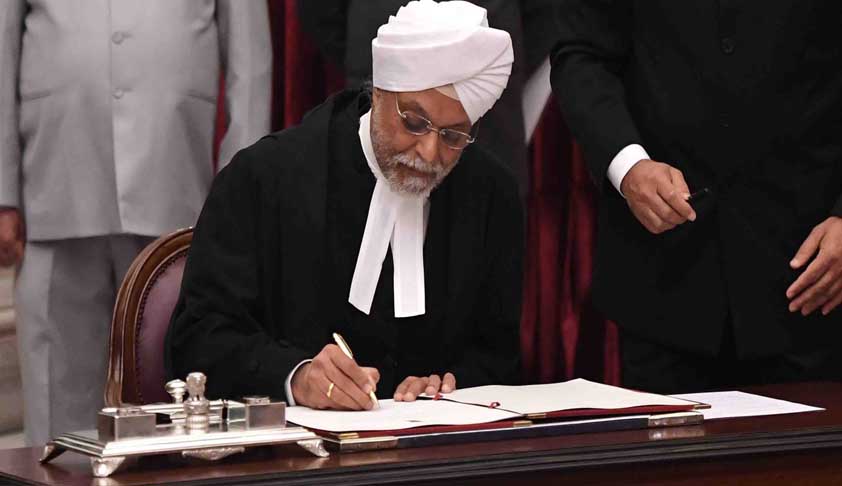CJI Asks Finance Ministry To Give Details Of Major Tax Cases
LIVELAW NEWS NETWORK
23 Feb 2017 8:13 PM IST

Next Story
23 Feb 2017 8:13 PM IST
Chief Justice of India Justice J S Khehar has written to the Finance Ministry to provide details of major tax cases pending with the Supreme Court, so that the decision in one case could have a cascading effect in disposing of several others.News agency PTI reported that listing out initiatives taken by the apex court in reducing the pendency of cases, the CJI said “so far initiatives that...
